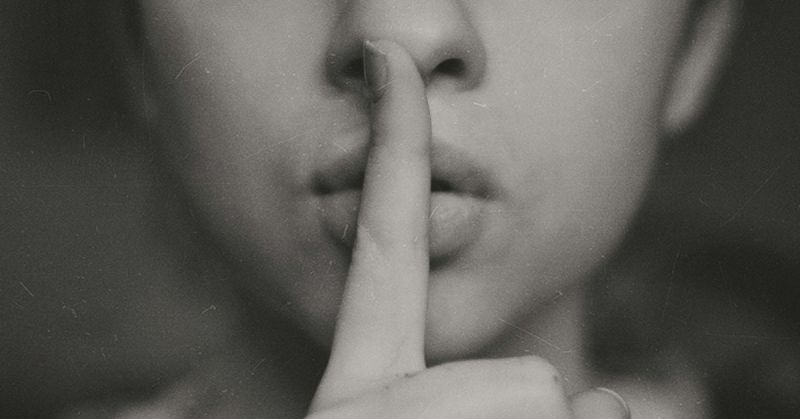I’ve lied. You’ve lied. We’ve all lied at some point in our lives.
And many continue despite the upset, distress, and emotional pain it causes.
Yet we justify it to ourselves with self-talk such as:
- It’s only a white lie.
- I was only protecting the other person’s feelings.
- It’s not that big of a deal.
Or any other BS we come up with in our minds.
We’ve All Lied. But Why?
When in reality, a lie is a lie, no matter how big or small.
One of the challenges we face is failing to recognise that we don’t get to choose how our lies affect others. A lie, whether big or small, may have a completely different impact on one person than another. It may mean something completely different to person A compared to person B, based on their life experiences, circumstances, and core values. But we don’t think of that, because we are only thinking about ourselves.
With this in mind, I realised that when I’ve lied, especially the ones I can remember (and I remember them because they caused the most emotional distress), it’s been down to insecurity or not feeling comfortable telling the truth and facing the potential ramifications that truth may bring.
I’m strongly convinced that most of us aren’t too different. Our justifications are our way of feeling better about ourselves and easing the fact that we know lying is not good, no matter the lie.
But we trick ourselves into believing that lying is better, or the right thing to do, when, as I’ve learned the hard way, it never is. It’s always better to tell the truth, no matter how hard it feels.
Easier vs Better: Knowing the Difference
We easily confuse what is easier with what is right, and they aren’t the same. That applies to many things in life:
- It’s easier to skip the gym or not exercise, but it’s not better.
- It’s easier to eat fast food rather than prepare your own meals, but it’s not better.
- It’s easier to lie, but it’s not better.
I hope you get the gist. Many things are easier, but that doesn’t mean they are better.
The Role of Ego in Lying
It’s interesting to think that when we are the ones being lied to, we think it’s about us. When in reality, it’s about the liar. They have something going on within themselves that means they feel they have to lie. Sure, we may play a role, but I’ve found that often it’s not about us, it’s about them.
This is why I also think lying is part of the ego. The part of us that is insecure, scared, inferior, anxious, and doubtful. And while the ego can raise its head in many ways, lying is one of them.
Lessons We Learn From Lies
We also fail to recognise that we’ve all been on both sides: the liar, and the person who’s been lied to.
And neither side feels good. 🙁
So, what’s the solution? Is there even a solution?
Well, my take is that lying is probably one of those things that’s inevitable about being human. And even though it’s often unpleasant and unnecessary, we can use it to propel our personal growth.
This doesn’t mean that just because lying is an inevitable part of the human psyche, we have to accept it, from ourselves or from others. Far from it. Instead, I believe that whether we are the “liar” or the ones being lied to in a given situation, there is always something we can learn about ourselves, and use it to grow, demand better, and raise our standards.
Raising the Standard, Together
It’s about raising the standard, together. Because we’ve all seen what lies can do to each other. But by recognising this, and demanding better from ourselves and others, we can keep each other accountable and help one another grow.
The wiser I get, the more I realise that’s one of the great things about being human: community, togetherness, and connection.
So, remember this:
A lie is a lie, no matter how big or small. From this moment forward, always tell the truth, no matter how hard it seems. Do not lie. Keep each other accountable. That’s how we grow together.
Reminders
1. Always Tell the Truth. Do Not Lie.
A lie is a lie, no matter how big or small. When we lie, we not only hurt others but also ourselves. Telling the truth may be difficult, but it is vital for healthy relationships and our own inner peace.
2. Easier Is Not Always Better.
Taking the easy path often feels better, but it ends up costing us more in the long run. Growth comes from choosing what is right, not what is easy. And, telling the truth is always the right thing to do.
3. If We Can’t Be Honest With Ourselves, We Can’t Be Honest With Others.
Honesty begins with ourselves. When we avoid our own truths, we project that out into the world. Learn to face your own reality and live your truth. It’ll help you be more truthful with others.

